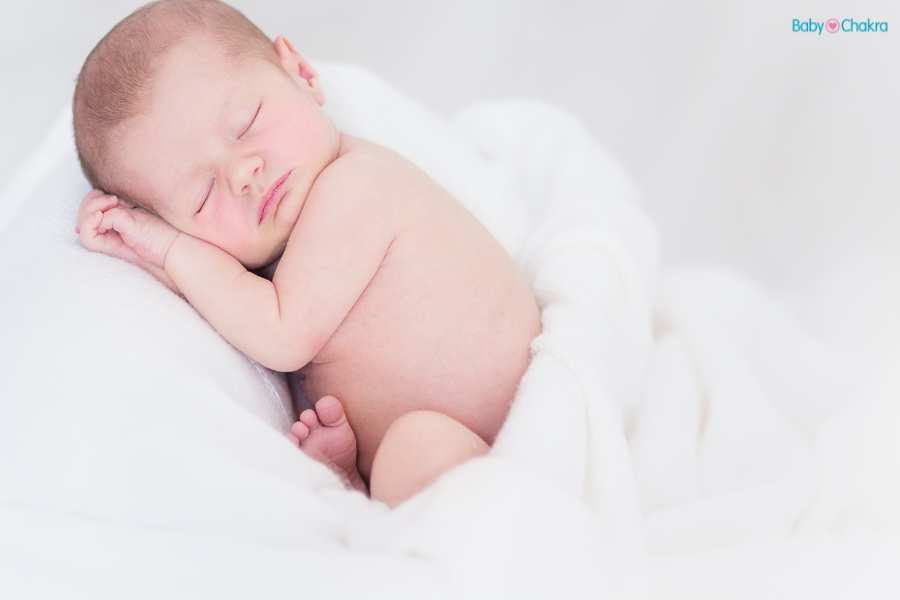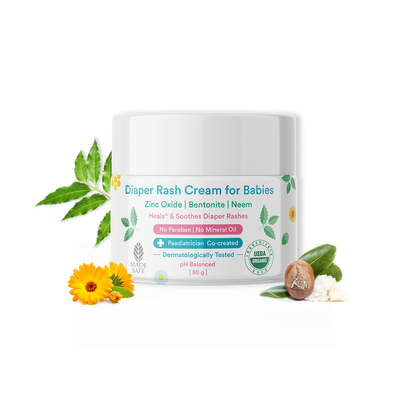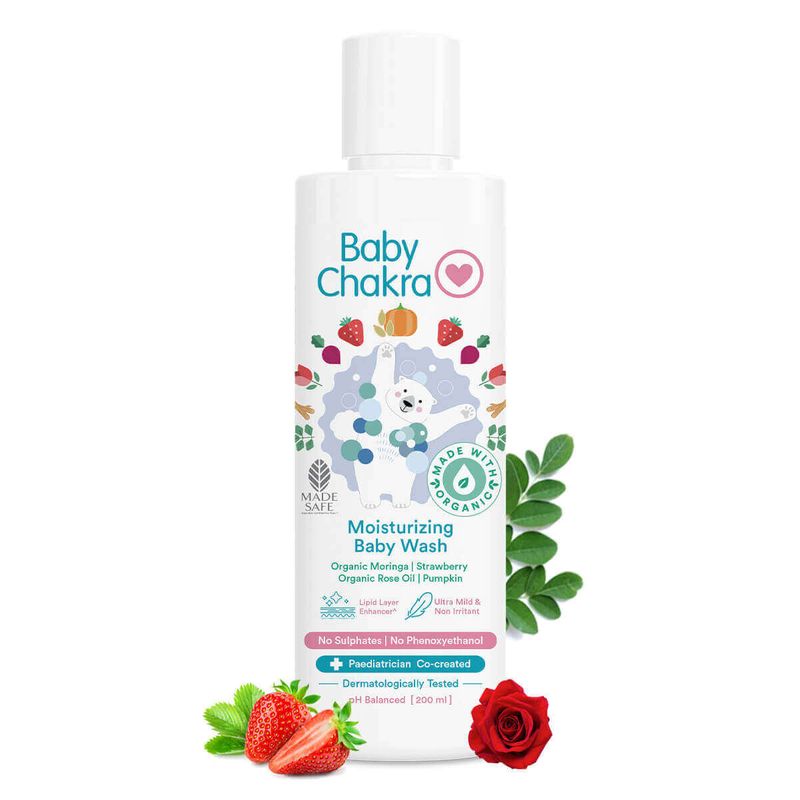
Tips To Moisturise Your Baby’s Skin Everyday
16 Aug 2022 | 4 min Read
Reema Shah
Author | 740 Articles
When you have a new baby, it is important to establish a daily routine. From feeding to maintaining proper hygiene, you might have a list of must-dos in baby care. However, it is also important to moisturise your baby’s skin every day and it should be on top of your list.
Why is moisturising your baby’s soft skin important? Let’s have a look.
Why Is Moisturising Baby’s Skin Important?
Babies are susceptible to various problems like itchiness, eczema, chafing and red rashes without proper skin care all of which are caused by dryness.
Compared to adult skin, a baby’s skin loses moisture faster. The skin of the baby is also thinner which makes it more sensitive and thus reacts even to the slightest environmental stressor.
Hence, it is recommended that you moisturise your baby’s skin every single day. If your baby’s skin is extra dry moisturise it twice a day. This is especially important after a diaper change for which you can use baby-safe diaper cream.
Steps to Moisturise Baby’s Skin
From diaper rashes to dryness, you need to take care of your baby’s delicate skin regularly to protect them against common skin concerns like cradle cap, eczema and heat rashes.
How To Moisturise A Baby’s Skin?
Moisturise your baby’s skin regularly with a massage. Infant massage includes eye contact, physical touch and vocal communication helps to strengthen the emotional bond between a parent and child. Here are a few simple steps for a baby’s soothing massage time-
• Begin by applying baby massage oil to your baby’s palm.
• Massage the oil using circular motion into your baby’s palms.
• Use the same movement and massage the back of your baby’s hands and then slowly move up.
• Tug on each of your baby’s fingers gently and then start massaging your baby’s legs.
• Spend the rest of the time rubbing the rest of your baby’s body.
How To Moisturise A Baby’s Diaper Area?
Diaper rashes are very common in babies and hence parents need to check diapers frequently to prevent them. Here are a few tips to keep the diaper area moisturised-
- Change diapers right after they get soiled or wet.
- Wash your baby’s diaper area using a mild fragrance-free cleanser or plain water. If the rash is severe, avoid rubbing.
- Use a soft clean cloth or natural bamboo baby wipes. Many wipes have perfume or alcohol which can further irritate your baby’s skin.
- Avoid rubbing and pat your baby dry. Before putting on a fresh diaper let the diaper area air-dry fully.
- Finish by applying a diaper rash cream or a thick layer of petroleum jelly.
How To Moisturise A Baby With Eczema?
Eczema is babies usually don’t develop for the first month or two. This skin condition appears as an itchy and red rash usually on the face and scalp, behind the knees and at the elbows.
Here are a few tips on preventing dry, irritated skin and eczema-
- Keep baby’s bathtime short and use a baby-safe moisturising wash instead of soap.
- Use lukewarm water to bathe your baby.
- Avoid scrubbing your baby’s skin.
- Apply a natural, fragrance and chemical-free moisturiser immediately after the bath and after you dry your baby with a soft towel. Limit using scented skin products. If your baby’s skin is dry, use only lotion or ointment.
- Moisturize your baby’s skin with a baby-friendly moisturiser twice a day or as often as necessary. This gives relief from itching. Ensure that your baby wears only soft clothing, preferably made of cotton.
You must moisturise your baby’s skin each day. Massaging is a great way to moisturise your baby which also helps in building a bond. Plus, ensure that you moisturise your baby’s skin after a bath.
A


Suggestions offered by doctors on BabyChakra are of advisory nature i.e., for educational and informational purposes only. Content posted on, created for, or compiled by BabyChakra is not intended or designed to replace your doctor's independent judgment about any symptom, condition, or the appropriateness or risks of a procedure or treatment for a given person.


